|
|
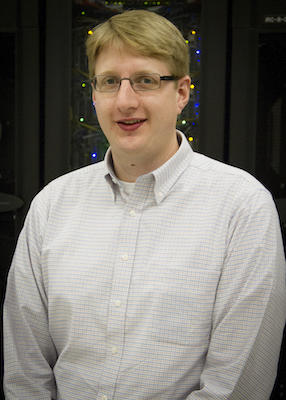 |
Joe Allen |
|
Joe Allen joined the TACC Life Sciences Computing Group in 2015 where he works
to advance computational biology and bioinformatics research at UT system
academic and health institutions. His research experience spans a range of
disciplines from computer-aided drug design to wet lab biochemistry. He is also
interested in exploring new ways high performance computing resources can be
used to answer challenging biological questions. Before joining TACC, Joe
earned a B.S. in Chemistry from the University of Jamestown (2006), and a Ph.D.
in Biochemistry from Virginia Tech (2011).
|
|
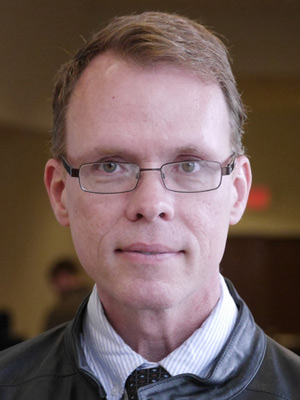 |
Galen Arnold |
|
Galen Arnold is experienced with high-performance computing (C, C++, Fortran)
and performance analysis/tuning from both application and system perspectives.
As a system engineer with NCSA, Galen enjoys helping people get the most out of
HPC systems such as: Blue Waters and XSEDE systems with accelerators. He's part
of the Blue Waters applications support team as well as the XSEDE software
development and integration testing group. He has a good working knowledge of
most things unix/linux/hpc/networking and has a knack for debugging code. He
believes K&R-C is the one true language but reluctantly admits the superior
numerical performance of Fortran codes.
|
|
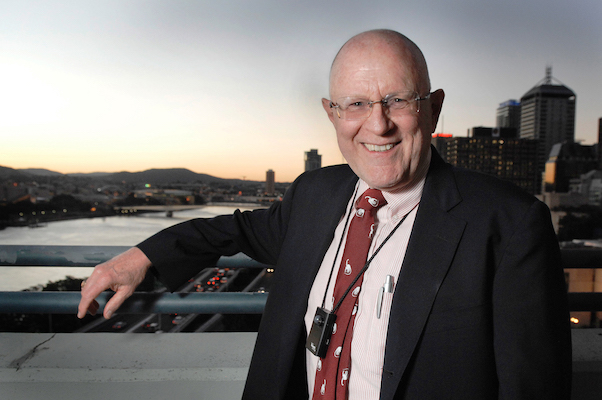 |
Gordon Bell |
|
Gordon Bell is a Microsoft Researcher (ret). He spent 23 years at Digital
Equipment Corporation as Vice President of R&D, responsible for the first
mini- and time-sharing computers and DEC's VAX, with a 6 year sabbatical at
Carnegie Mellon. In 1987, as the first NSF Assistant Director for Computing
(CISE), he led the National Research and Education Network panel that became
the Internet. Leaving NSF, he established the Gordon Bell Prize to acknowledge
outstanding efforts in computing. Bell maintains three interests: computing,
startup companies, and lifelogging. He is a member or Fellow of the ACM,
AMACAD, IEEE, FTSE (Australia). NAE, and NAS. He received The 1991 National
Medal of Technology. He is a founding trustee of the Computer History Museum,
Mountain View, CA. and lives in San Francisco.
http://gordonbell.azurewebsites.net/
|
|
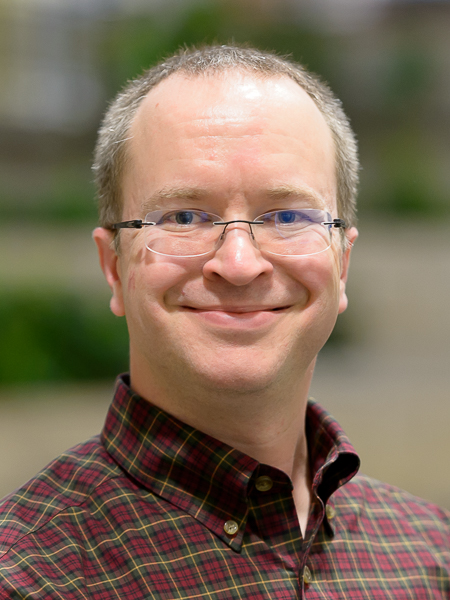 |
Philip Carns |
|
Philip Carns is a principal software development specialist in the Mathematics
and Computer Science division of Argonne National Laboratory. He is also an
adjunct associate professor of electrical and computer engineering at Clemson
University and a fellow of the Northwestern-Argonne Institute of Science and
Engineering. He received his Ph.D. in computer engineering from Clemson
University in 2005. His research interests include characterization, modeling,
and development of storage systems for data-intensive scientific computing.
|
|
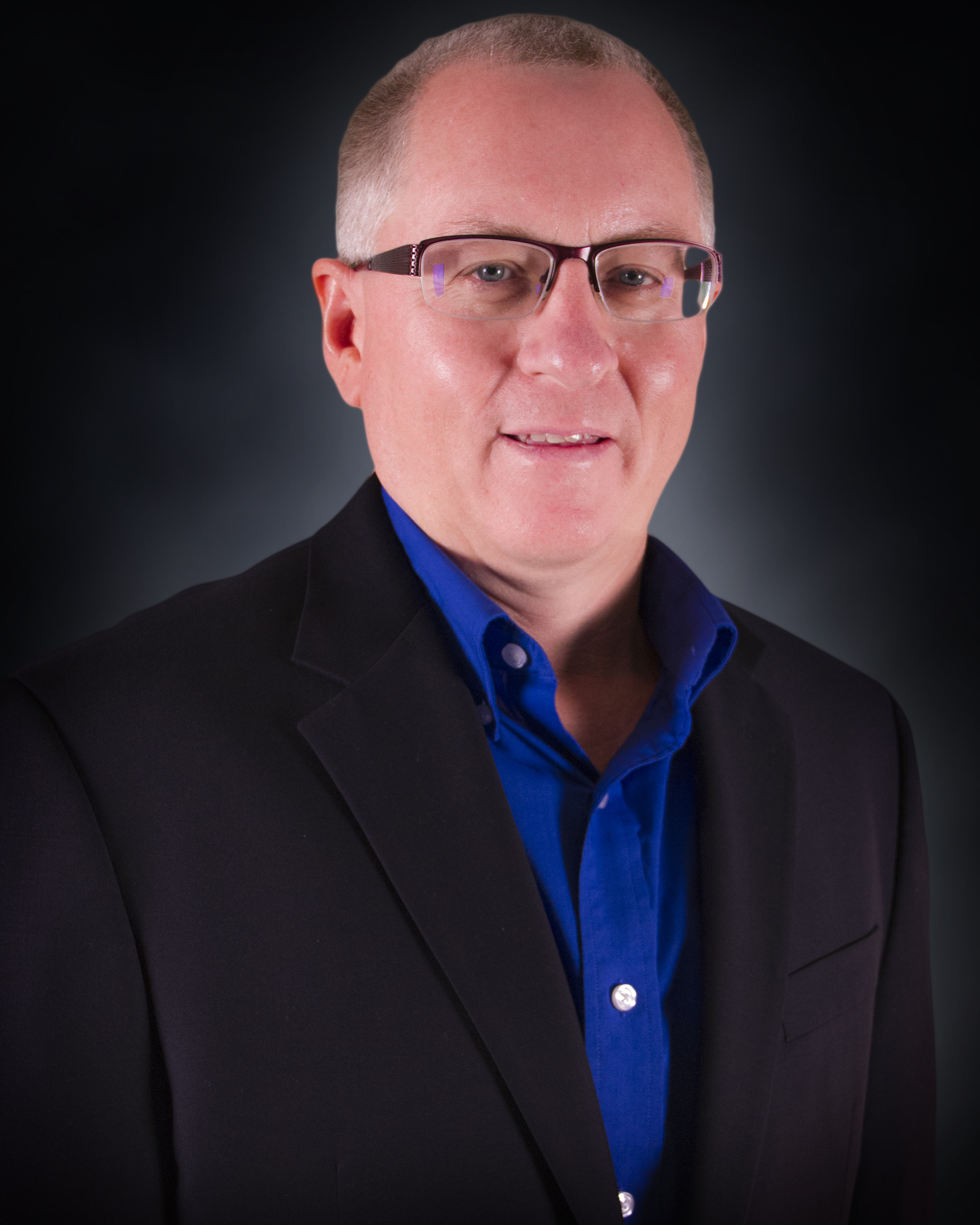 |
Tim Cockerill |
|
Tim Cockerill is TACC's Director of User Services. He oversees the allocations
process by which computing time and storage is awarded on TACC's HPC systems.
The User Services team is also responsible for user account management,
training, and user guides. Tim also currently serves as the DesignSafe Deputy
Project Director, and is involved in TACC's cloud computing projects Chameleon
and Jetstream. Tim joined TACC in January, 2014, as the Director of Center
Programs responsible for program and project management across the Center's
portfolio of awards. Prior to joining TACC, he was the Associate Project
Director for XSEDE and the TeraGrid Project Manager. Before entering the world
of high performance computing in 2003, Tim spent 10 years working in startup
companies aligned with his research interests in gallium arsenide materials and
semiconductor lasers. Prior to that, Tim earned his B.S., M.S., and Ph.D.
degrees from the University of Illinois at Urbana-Champaign and was a Visiting
Assistant Professor in the Electrical and Computer Engineering Department.
|
|
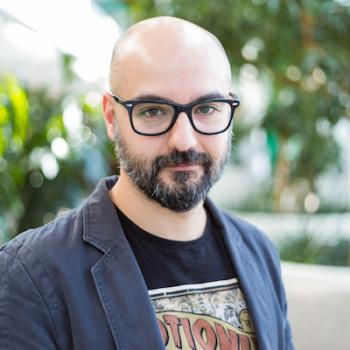 |
Giuseppe Congiu |
|
Giuseppe Congiu is a postdoctoral appointee at Argonne National Laboratory and
staff member of the Programming Models and Runtime Systems (PMRS) group led by
Dr. Pavan Balaji. He has a bachelor degree in electrical and electronic
engineering from the University of Cagliari (Italy) and a Ph.D. in computer
science from Johannes Gutenberg University Mainz (Germany). During his Ph.D. he
mainly worked on parallel I/O and guided I/O for HPC storage systems. Currently
he is working on heterogeneous computing systems, and he also contributes to
the MPICH project.
|
|
 |
Niall Gaffney |
|
Niall Gaffney's background largely revolves around the management and
utilization of large inhomogeneous scientific datasets. Niall, who earned his
B.A., M.A., and Ph.D. degrees in astronomy from The University of Texas at
Austin, joined TACC in May 2013. Prior to that he worked for 13 years in the
role of designer and developer for the archives housed at the Space Telescope
Science Institute (STScI), which hold the data from the Hubble Space Telescope,
Kepler, and James Webb Space Telescope missions. He was also a leader in the
development of the Hubble Legacy Archive, projects that harvested the 20+ years
of Hubble Space Telescope data to create some of the most sensitive
astronomical data products available for open research. Prior to his work at
STScI, Niall was worked as "the friend of the telescope" for the Hobby Eberly
Telescope (HET) project at the McDonald Observatory in west Texas where he
started working to create systems to acquire and handle the storage and
distribution of the data the HET produced.
|
|
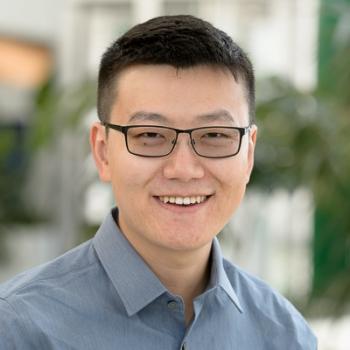 |
Yanfei Guo |
|
Yanfei Guo received his Ph.D. in computer science from the University of
Colorado at Colorado Springs in 2015. He won a Best Paper award at the
USENIX/ACM International Conference on Autonomic Computing in 2013.
|
|
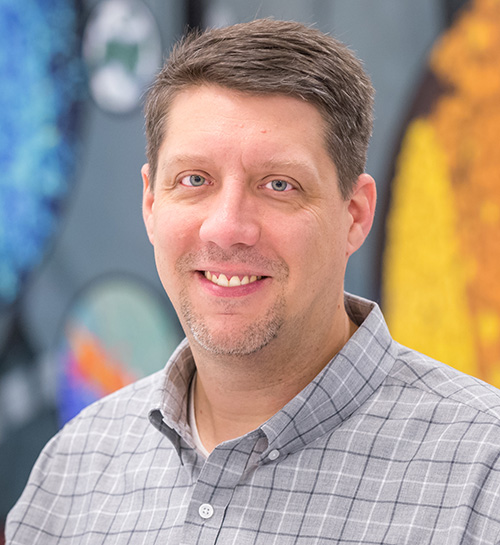 |
Kevin Harms |
|
Kevin Harms is the I/O Libraries & Benchmarks Lead at the Argonne Leadership Computing Facility at Argonne National Laboratory
|
|
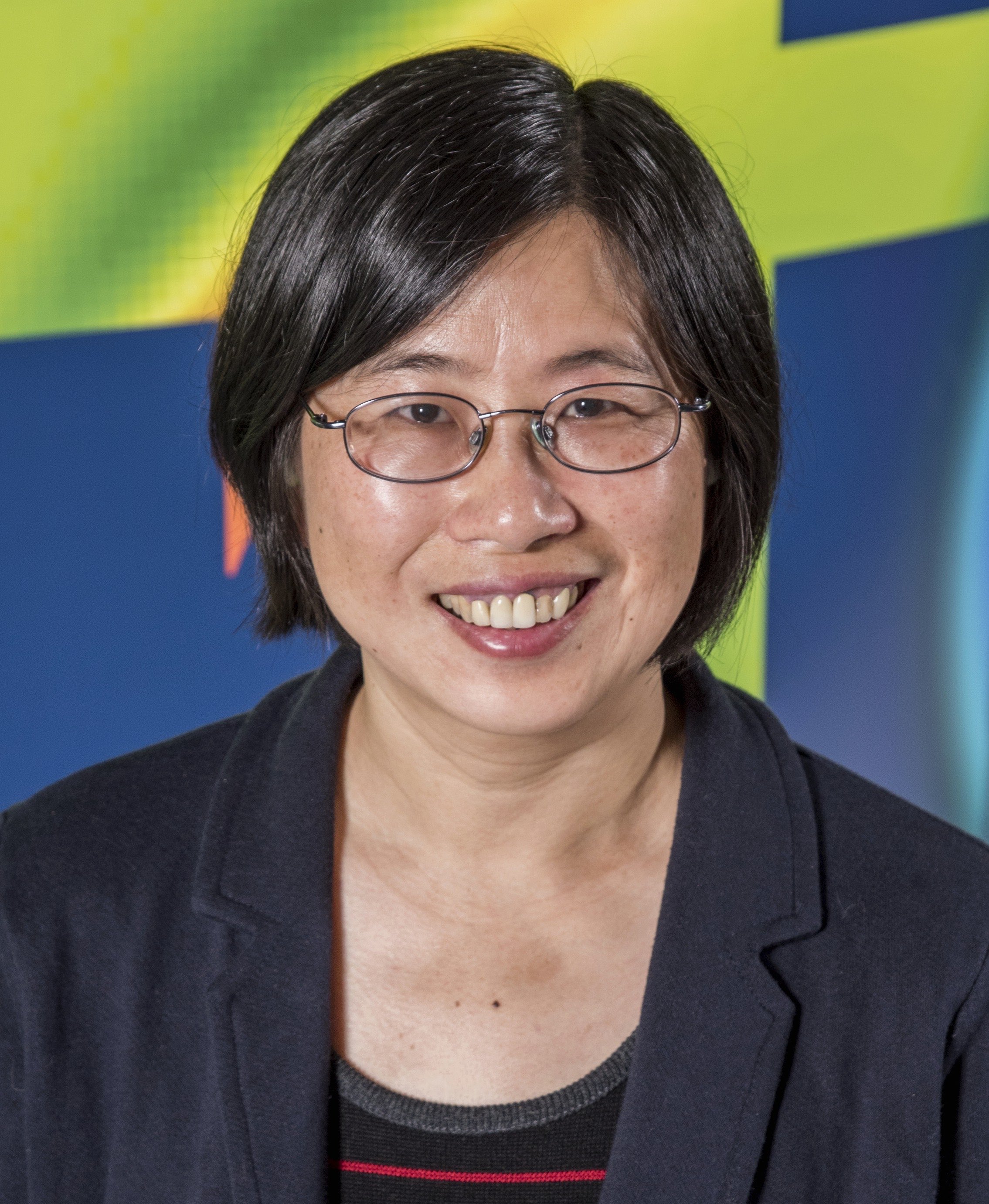 |
Helen He |
|
Helen is a High Performance Computing Consultant at NERSC, Lawrence Berkeley
National Laboratory. She serves as the main user focus point of contact, among
users, systems and vendors staff, for the NERSC flagship systems including the
Cray systems: XT4 (Franklin), XE6 (Hopper), and XC40 (Cori), deployed over the
past 10 years, to ensure them are efficient for scientific productivity. She
specializes in the software programming environment, parallel programming
models such as MPI and OpenMP, applications porting and benchmarking, and
climate models. Helen also serves on the OpenMP Language Committee to represent
Berkeley Lab and has presented OpenMP tutorials at various venues including SC,
XSEDE, and ECP. Helen has been on the Organizing Committee for many important
HPC conference series, such as Cray User Group (Program Chair for 2017, 2018),
SC, HPCS, IXPUG, and OpenMPCon. Helen has a Ph.D. in Marine Studies and an M.S
in Computer Information Science.
|
|
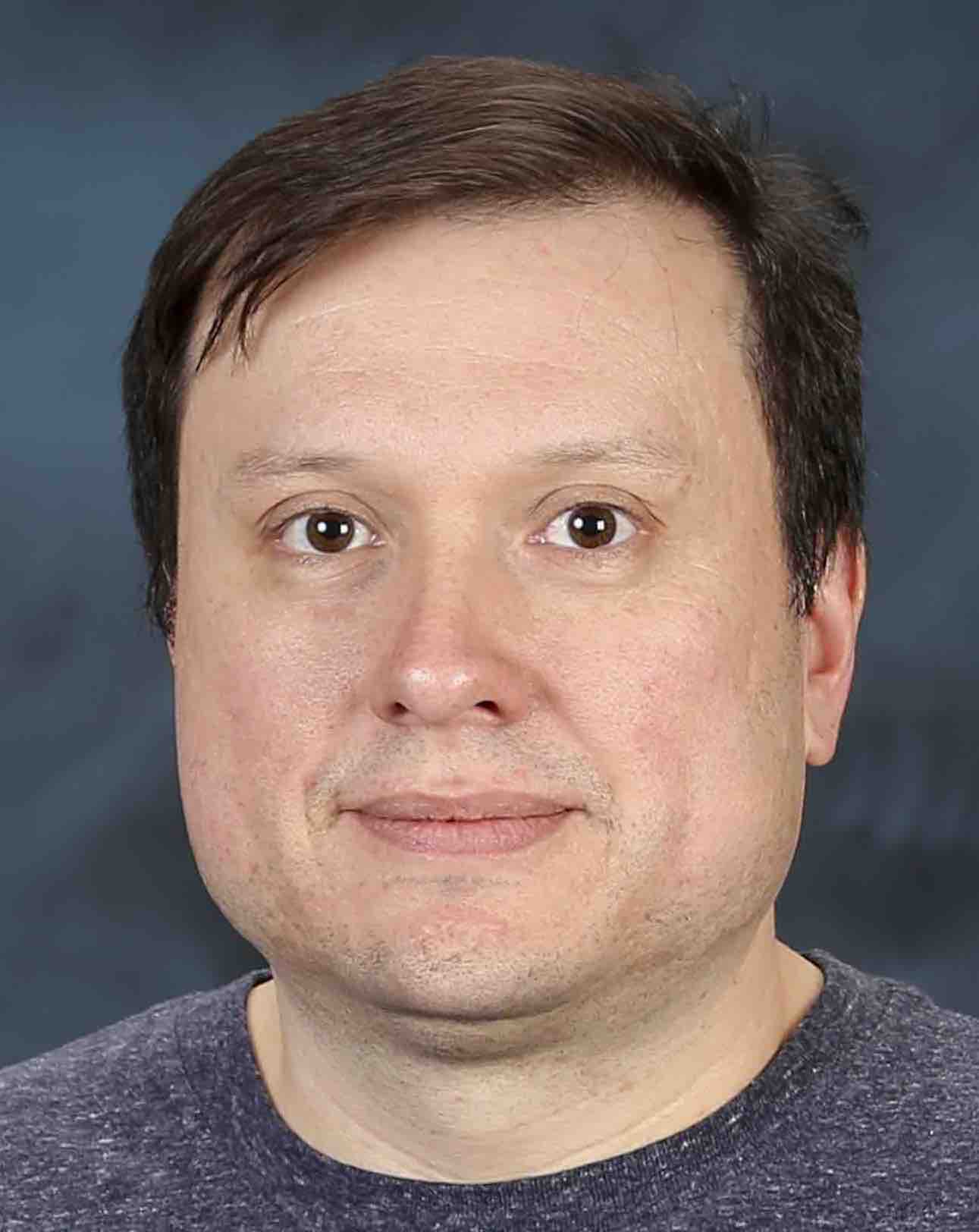 |
Oscar Hernandez |
|
Oscar Hernandez received a Phd in Computer Science from the University of
Houston. He is a staff member of the Computer Science Research (CSR) Group,
which supports the Programming Environment and Tools for the Oak Ridge
Leadership Computing Facility (OLCF). He has experience in working on many
de-facto standards such as OpenMP, OpenACC, OpenSHMEM, and UCX and
benchamarking efforts like SPEC/HPG. At ORNL he works closely with application
teams including the CAAR and INCITE efforts and constantly interacts with them
to address their programming model and tools needs via HPC software ecosystems.
He is currently working on the programming environment for Summit and works
very closely with the vendors on their plans for next-generation programming
models. He has worked on many projects funded by DOE, DoD, NSF, and industrial
partners in the oil and gas industry.
|
|
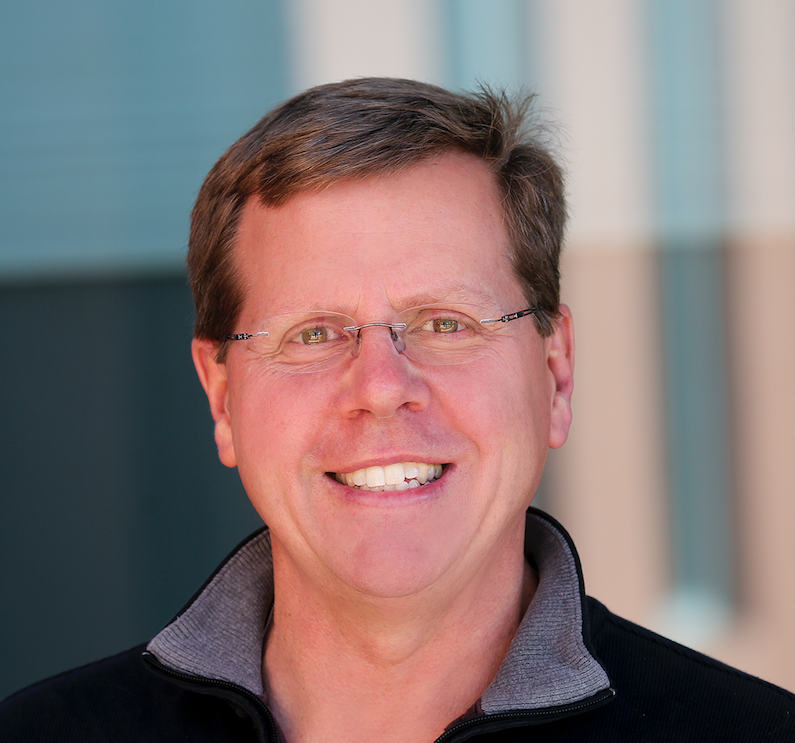 |
Michael Heroux |
|
Mike Heroux is a Senior Scientist at Sandia National Laboratories, Director of
SW Technologies for the US DOE Exascale Computing Project (ECP) and Scientist
in Residence at St. Johns University, MN. His research interests include all
aspects of scalable scientific, engineering software for new and emerging
parallel computing architectures, and improving scientific software developer
productivity and software sustainability. He leads the IDEAS project, dedicated
to engaging scientific software teams to identify and adopt practices that
improve productivity and sustainability.
|
|
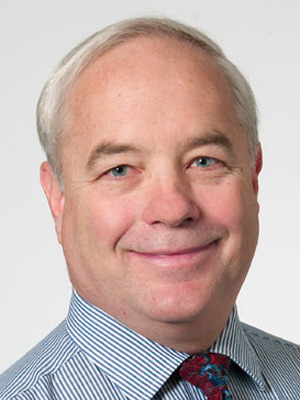 |
Bill Kramer |
|
As the Principal Investigator and Director of the Blue Waters Project, Bill is
responsible for all aspects of development, deployment and operation of the NSF
Blue Waters system, National Petascale Computing Facility and the associated
research and development activities through the Great Lakes Consortium, NSCA
and University of Illinois supporting projects. This involves over 100 staff
for integration and testing efforts for the Blue Waters systems and transition
to full operations. BW is the 20th supercomputer Bill deployed/managed, six of
which were top 10 systems. Bill held similar roles at NERSC and NASA.
|
|
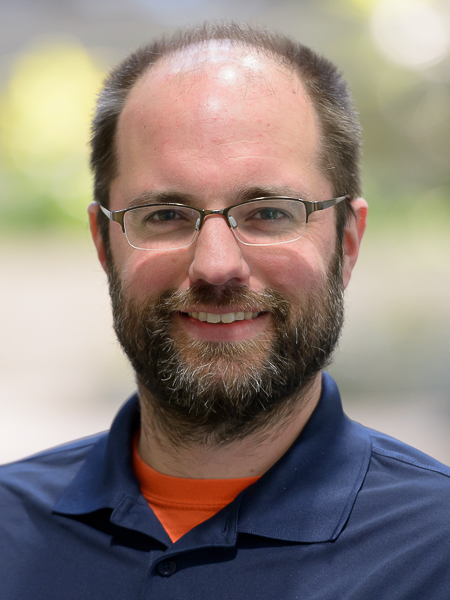 |
Robert Latham |
|
Robert Latham, as a Principle Software Development Specialist at Argonne
National Laboratory, strives to make scientific applications use I/O more
efficiently. After earning his BS (1999) and MS (2000) in Computer Engineering
at Lehigh University (Bethlehem, PA), he worked at Paralogic, Inc., a Linux
cluster start-up. His work with cluster software including MPI implementations
and parallel file systems eventually led him to Argonne, where he has spent the
last 17 years. His research focus has been on high performance I/O for
scientific applications and I/O metrics. He has worked on the ROMIO MPI-IO
implementation, the parallel file systems PVFS (v1 and v2), Parallel NetCDF,
and Mochi I/O services.
|
|
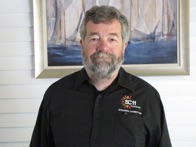 |
Scott Lathrop |
|
Through his position with the Shodor Education Foundation, Inc., Scott Lathrop
is the Blue Waters Technical Program Manager for Education. Lathrop has been
involved in high performance computing and communications activities since
1986, with a focus on HPC education and training for more than 20 years.
Lathrop coordinates the education, outreach and training activities for the
Blue Waters project. He helps ensure that Blue Waters education, outreach and
training activities are meeting the needs of the community. Lathrop has been
involved in the SC Conference series since 1989, served as a member of the SC
Steering Committee for six years, and served as the Conference Chair for the
SC11 and XSEDE14 Conferences. He formed and led the International HPC Training
Consortium for three years, after which it merged within the ACM SIGHPC
Education Chapter during the SC17 Conference. He is an ex-officio officer of
the ACM SIGHPC Education Chapter. Lathrop has been active in the planning and
participation in HPC education and training workshops at numerous conferences
including the SC and ISC Conferences.
|
|
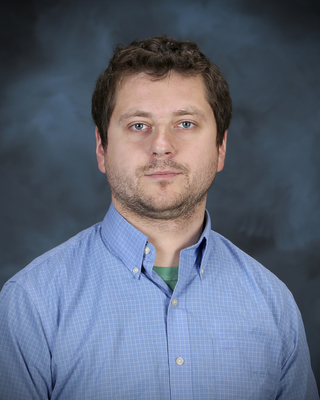 |
Dmitry Liakh |
|
Dmitry Liakh (Lyakh) is a computational scientist at the scientific computing
group at the Oak Ridge Leadership Computing Facility (OLCF) whose main focus is
development and implementation of efficient methods and parallel algorithms for
quantum many-body theory on large-scale heterogeneous HPC platforms, like
NVIDIA GPU accelerated Titan and Summit supercomputers at OLCF. More
specifically, Dmitry has developed GPU accelerated libraries for performing
numerical tensor algebra computations on heterogeneous HPC platforms equipped
with multicore CPU and NVIDIA GPU processors. These accelerated libraries serve
the role of computational engines in software packages targeting quantum
chemistry simulations, quantum computing, and generic multivariate data
analytics workloads. Dmitry has been using the CUDA programming framework for
accelerated computing since 2008. Occasionally he also delivers CUDA
programming training for scientific computing.
|
|
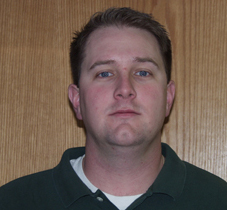 |
Tom Maiden |
|
Tom has worked for over 25 years in the area of High Performance Computing.
Engaged with the user community from day one as a helpdesk consultant, Tom's
focus is and has always been on the end user experience. While user engagement
has remained his focus, HPC training has become his second passion. As part of
the XSEDE Training group, he is the logistical lead and co-developer of the
extremely popular XSEDE HPC Monthly Workshop Series. This series has
successfully delivered a variety of topics to thousands of students across
hundreds of sites using the Wide Area Classroom technology. With one eye to the
future and the other focused on current issues, he is constantly looking to
improve the educational experience for the HPC community.
|
|
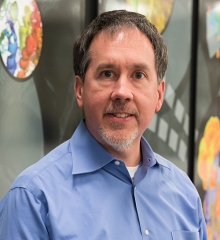 |
David Martin |
|
David Martin is Manager, Industry Partnerships and Outreach at the Argonne Leadership Computing Facility at Argonne National Laboratory, where he works with industrial users to harness high performance computing and take advantage of the transformational capabilities of modeling and simulation. David brings broad industry and research experience to ALCF. Prior to joining ALCF, David led IBM's integration of internet standards, grid and cloud computing into offerings from IBM's Systems and Technology Group. Before IBM, David managed networks and built network services for the worldwide high-energy physics community at Fermilab. David began his career at AT&T Bell Laboratories, doing paradigm-changing work in software engineering and high-speed networking. David has a BS from Purdue and an MS from the University of Illinois at Urbana-Champaign, both in Computer Science.
|
|
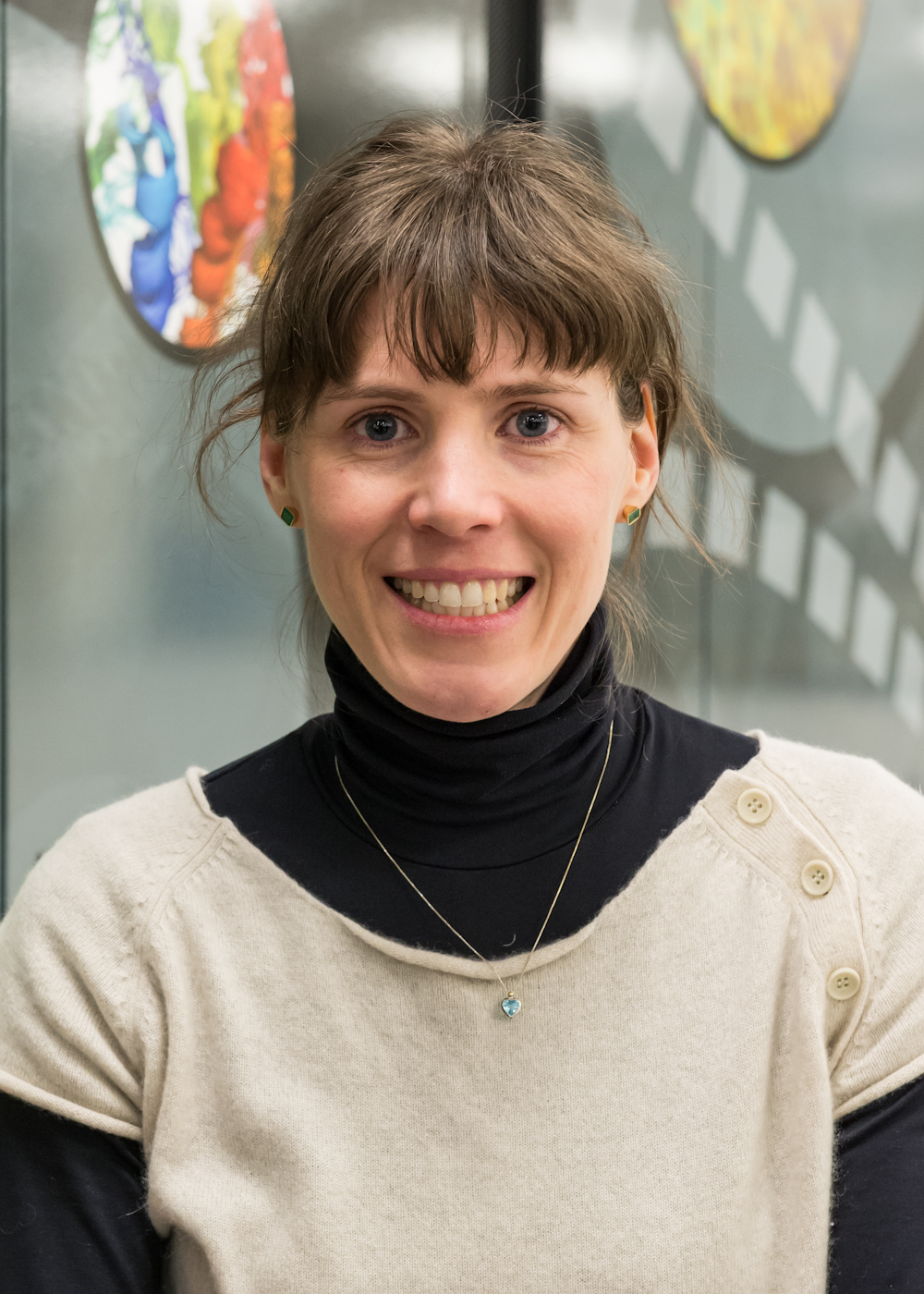 |
Marta Garcia Martinez |
|
Dr. Eng. Marta Garcia Martinez is Computational Scientist in the Computational
Science Division (CPS) at Argonne National Laboratory and the Program Director
of the Argonne Training Program on Extreme-Scale Computing (ATPESC) since 2015.
Born in Calahorra(Spain), she moved to Zaragoza to study Mechanical Engineering
and had the opportunity to carry out her final project with a Socrates/Erasmus
Grant in the Aerospace and Mechanical Engineering Dept. of the University of
Rome La Sapienza (Italy). She obtained the Degree in Mechanical Engineering,
Centro PolitecnicoSuperior, Zaragoza, (Spain) in 2001. She worked initially at
the Instituto Tecnologicode Aragon, Zaragoza (Spain) as an intern making
acoustic measurements and other viability studies. Then, she was project
manager at INGEMETAL for collaboration between American and Spanish workers for
the construction of the Burke Soleil Cover of the Milwaukee Art Museum
addition. After that project she moved to Toulouse (France) where she worked
for 3 years as Study Engineer at CERFACS, research laboratory where she carried
out her Ph.D. in Fluid Dynamics delivered by the University of Toulouse, INPT,
Toulouse (France) in 2009. Her research activities have been mainly focused on
computational fluid dynamics simulations and high-performance computing. After
receiving her Ph.D. she worked as a postdoctoral fellow in this same laboratory
before joining Argonne National Laboratory in 2010.
|
|
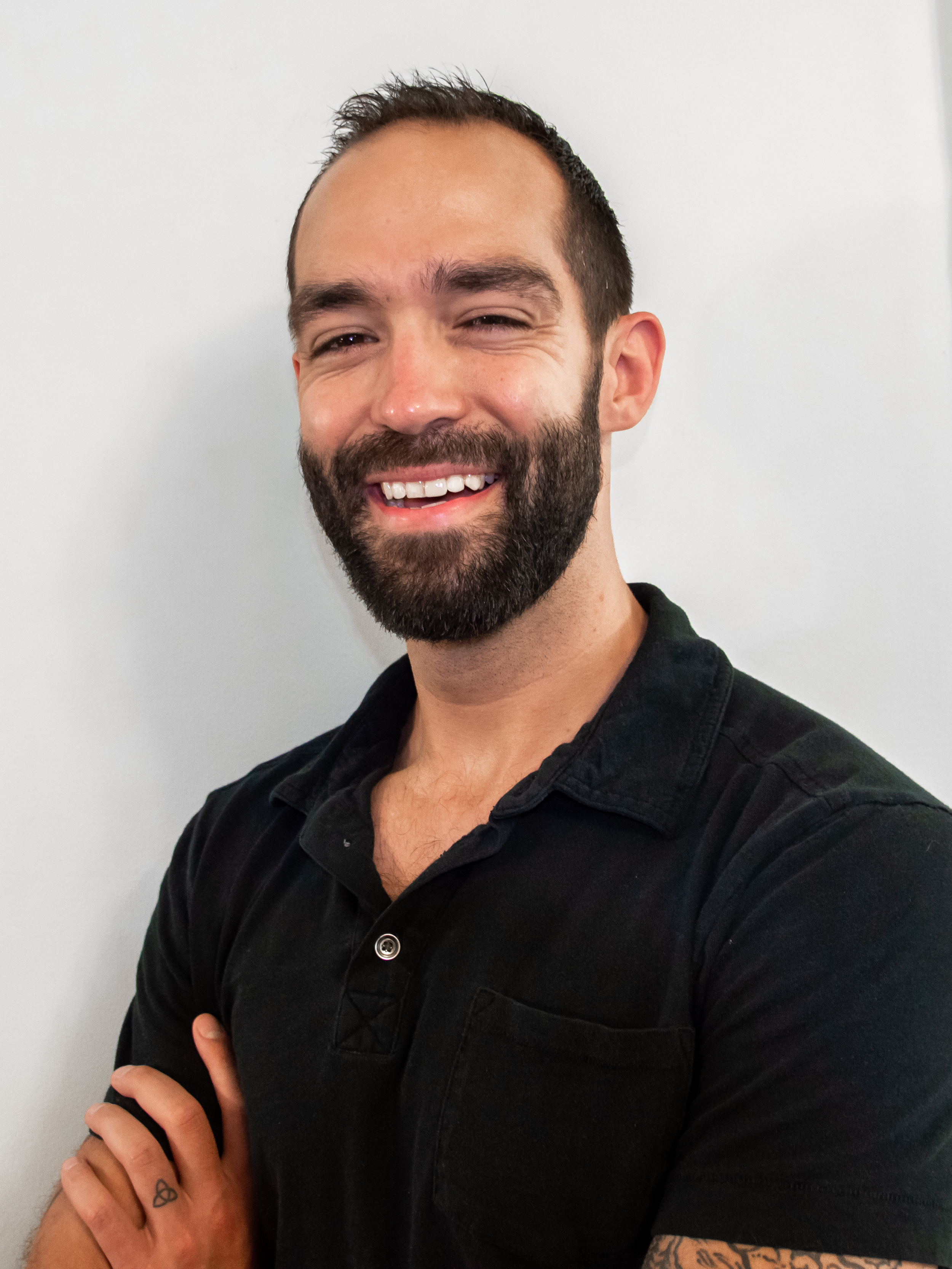 |
Matthew Norman |
|
Norman is a computational climate scientist in the Scientific Computing Group
of Oak Ridge National Laboratory. He obtained two B.S. degrees, one in Computer
Science and another in Meteorology from North Carolina State University (NCSU).
After obtaining a M.S. degree in Atmospheric Science, also from NCSU, he
received the DOE Computational Science Graduate Fellowship (CSGF), and his
doctoral research was performed under Dr. Fredrick Semazzi at NCSU. His
background is in scalable numerical algorithms to efficiently integrate the
PDEs governing atmospheric fluid flow. He also has expertise in the use of
Graphics Processing Units (GPUs) for climate model codes.
|
|
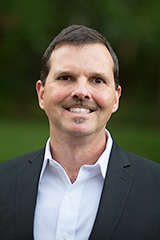 |
Nick Nystrom |
|
Nick Nystrom is Chief Scientist at the Pittsburgh Supercomputing Center (PSC),
which is a joint effort of Carnegie Mellon University (CMU) and the University
of Pittsburgh, and Visiting Research Physicist at CMU. Nick is architect and PI
for Bridges, PSC's flagship system that successfully pioneered the convergence
HPC, AI, and Big Data, and for Bridges-2, to be built in 2020. He is also PI
for the NIH Human Biomolecular Atlas Program (HuBMAP) Infrastructure and
Engagement Component and co-PI for projects that bring emerging AI technologies
to research (Open Compass), apply machine learning to biomedical data for
breast and lung cancer (Big Data for Better Health), and identify causal
relationships in biomedical big data (the Center for Causal Discovery, an NIH
Big Data to Knowledge Center of Excellence). His current research interests
include hardware and software architecture, applications of machine learning to
research data (particularly in the life sciences) and to enhance simulation,
frameworks for improving the sharing and accessibility of data, and graph
analytics.
|
|
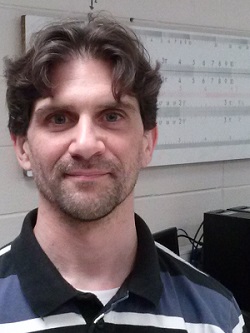 |
Marcelo Ponce |
|
Marcelo Ponce is a computational Scientist working at SciNet, the supercomputer
center at the University of Toronto, Canada. Marcelo obtained his PhD in
Astrophysics from the Rochester Institute of Technology, as a member of the
Center for Computational Relativity and Gravitation. Marcelo is one of the core
members of SciNet's education and training team. His interests include:
computational astrophysics, scientific computing and visualization.
|
|
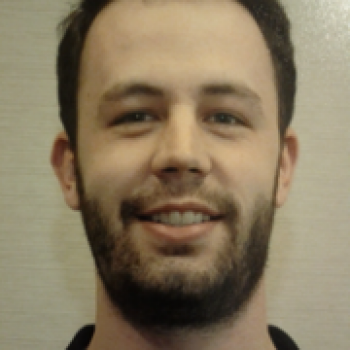 |
Ken Raffenetti |
Ken Raffenetti received his B.S. in computer science from the University of
Illinois at Urbana-Champaign in 2006. He then joined Argonne as a systems
administrator, where he has run the critical computational components in MCS:
web services, virtualization of servers, our desktop Linux infrastructure, and
our configuration management system.
In August 2013, Ken transferred from systems administration to software
development in MCS. He has been actively assisting in the development, testing,
and maintenance of MPICH.
|
|
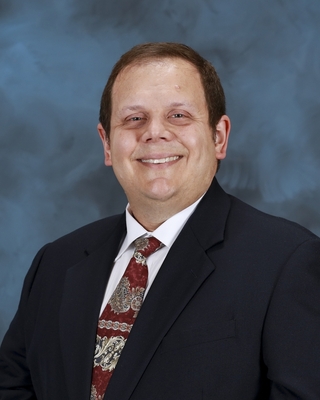 |
Bill Renaud |
Bill is a User Support Specialist within the User Assistance and Outreach
Group. He graduated from Mississippi State University in 2000 with a degree in
Computer Science. Prior to coming to ORNL in 2005, he worked at the ERDC MSRC
in Vicksburg, MS. Altogether, he has over 17 years experience with the most
powerful computers.
In addition to his user support role, Bill is active in center outreach
providing briefings/tours to OLCF visitors. Additionally, he was part of the
team that designed the Science Trailer for the Computing and Computational
Sciences Directorate, and often attends events at which the trailer is present
to brief visitors on the OLCF.
|
|
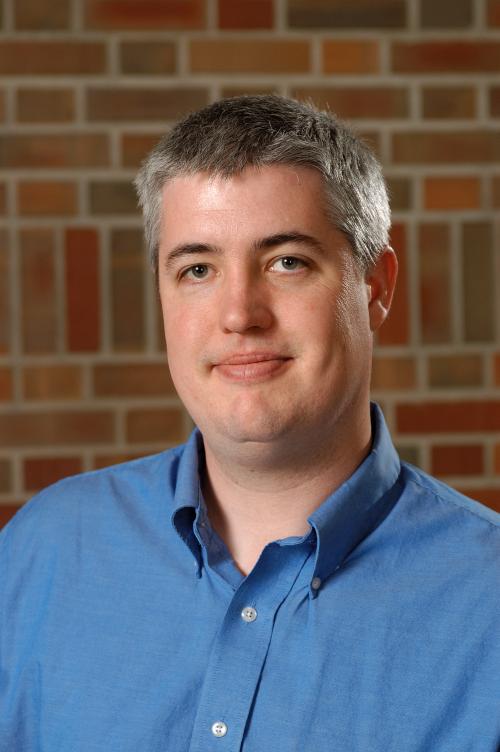 |
John E. Stone |
Mr. Stone is the lead developer of VMD, a high performance tool for
preparation, analysis, and visualization of biomolecular simulations used by
over 100,000 researchers all over the world. Mr. Stone's research interests
include molecular visualization, GPU computing, parallel computing, ray
tracing, haptics, virtual environments, and immersive visualization. Mr. Stone
is a frequent presenter and mentor in HPC and exascale computing training
workshops and related "Hackathon" events that aim to give computational
scientists both the knowledge of theory and the practical experience they need
to successfully develop high performance scientific software for
next-generation parallel computing systems. Mr. Stone was inducted as an NVIDIA
CUDA Fellow in 2010.
In 2017, 2018, and 2019 Mr. Stone was awarded as an IBM Champion for Power, for
innovative thought leadership in the technical community. He also provides
consulting services for projects involving computer graphics, GPU computing,
and high performance computing.
|
|
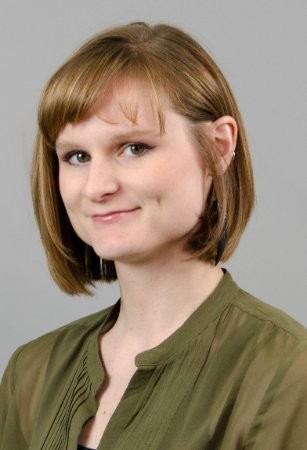 |
Virginia Trueheart |
|
Virginia Trueheart is part of the HPC Applications Group at the Texas Advanced
Computing Center. She works directly with users troubleshooting issues with
jobs and helping them improve their use of TACC machines. She also works to
develop new training materials for users and helps coordinate responses to
users when site wide events occur. Finally, she works directly with HPC
researchers to provide internal support around software maintenance and issue
tracking. Virginia has a Masters in Information Studies from the University of
Texas at Austin.
|
|
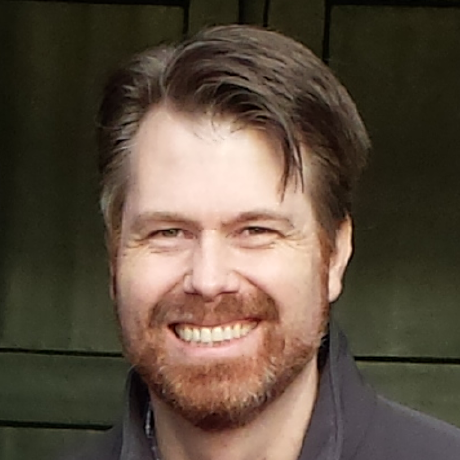 |
Ramses van Zon |
|
Ramses van Zon is a high-performance computing applications analyst at the
SciNet HPC Consortium at the University of Toronto in Canada. He obtained his
Ph.D. in Physics at Utrecht University, and has worked on non-equilibrium
statistical physics at the Rockefeller University in New York, and on glassy
systems and molecular dynamics simulations in the Chemical Physics Theory Group
of the University of Toronto. He has extensive experience with distributed and
shared memory computing, advanced algorithms for molecular dynamics,
bioinformatics computations and workflows. He coordinates and takes part in the
SciNet training and education program, and provides support to users on code
optimization, application porting, workflows, improving efficiency, and
parallel programming.
|
|
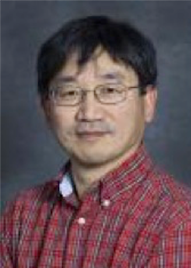 |
Woo-Sun Yang |
|
Woo-Sun Yang has been a HPC consultant at NERSC (National Energy Research
Scientific Computing Center) since 2008, where he provides consulting support
to NERSC users on various issues with parallel and numerical computing. He
regularly gives training to users on using various parallel debugging and
performance profiling tools on supercomputers. He received a Ph.D. degree in
Geology from University of Illinois at Urbana-Champaign where he studied
thermal convection in planet's mantle with a parallel finite element numerical
model.
|
|



























